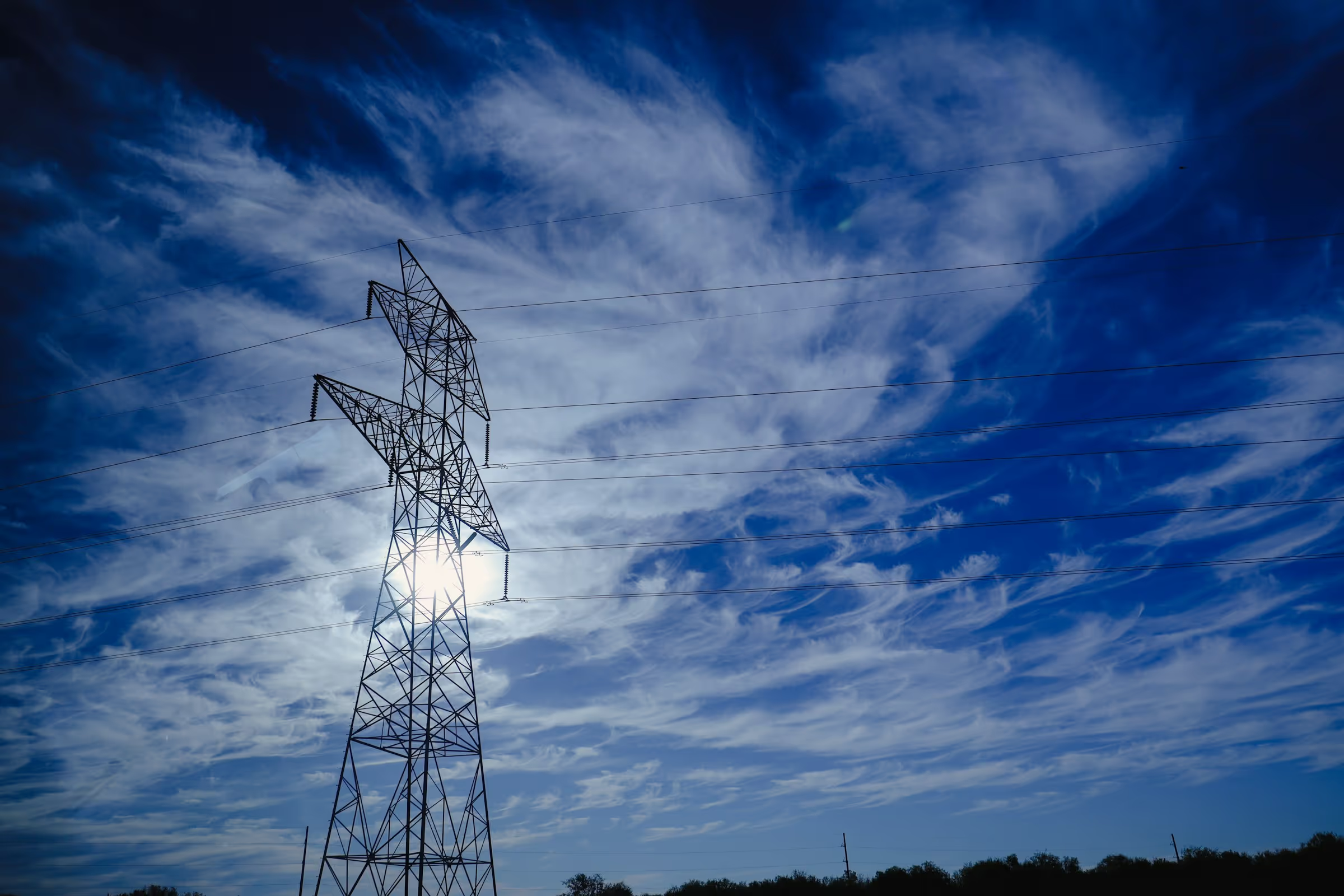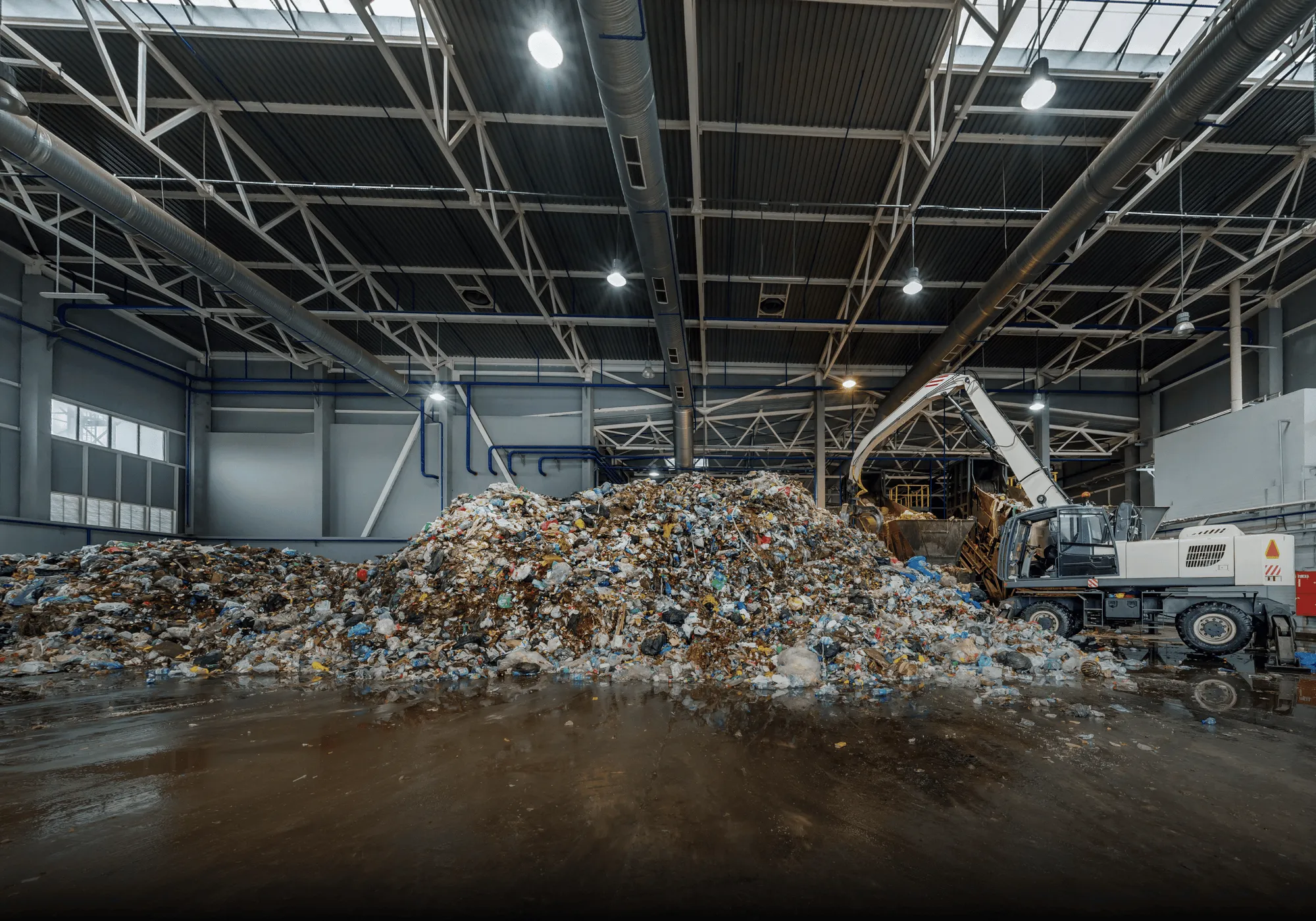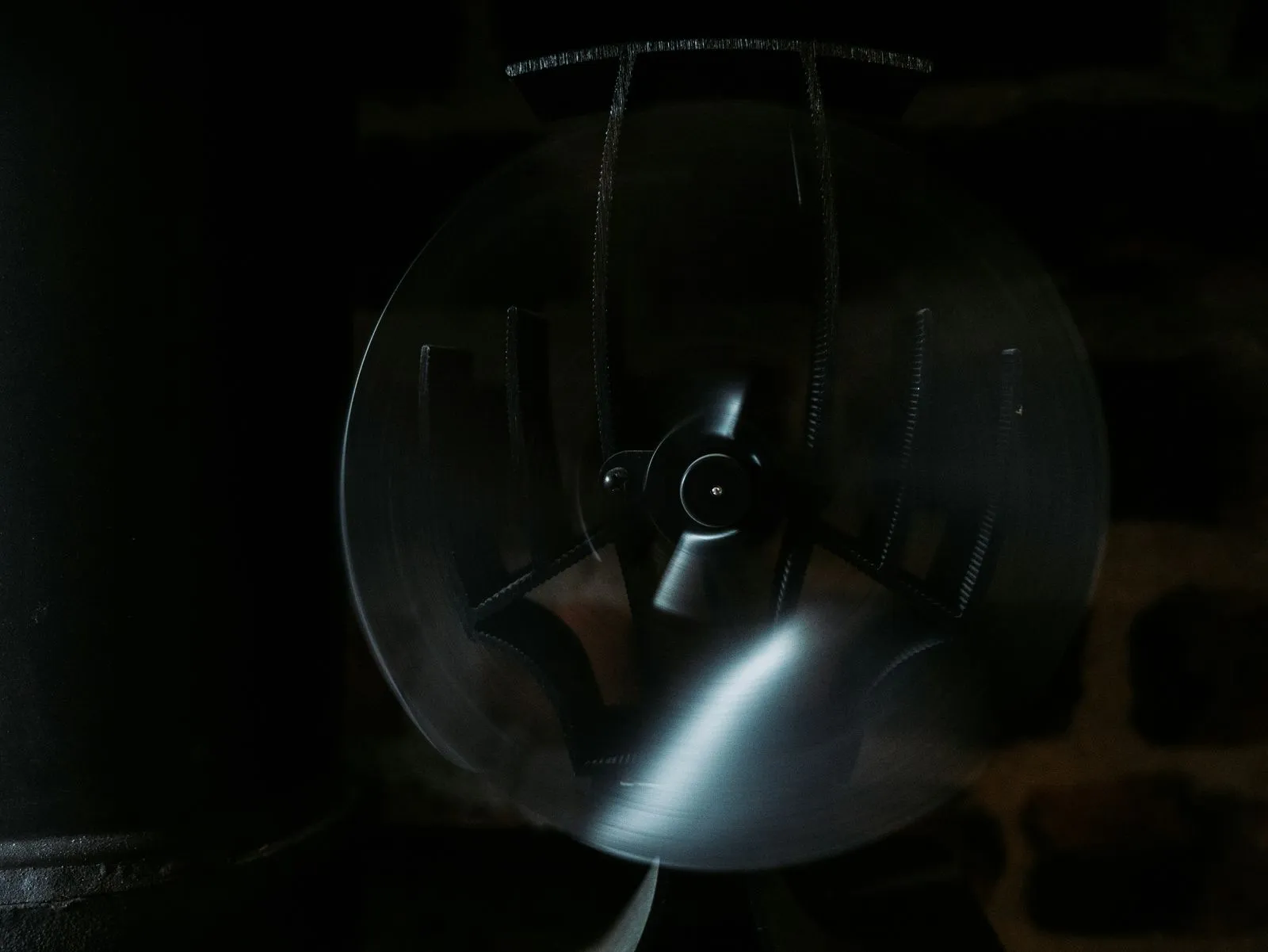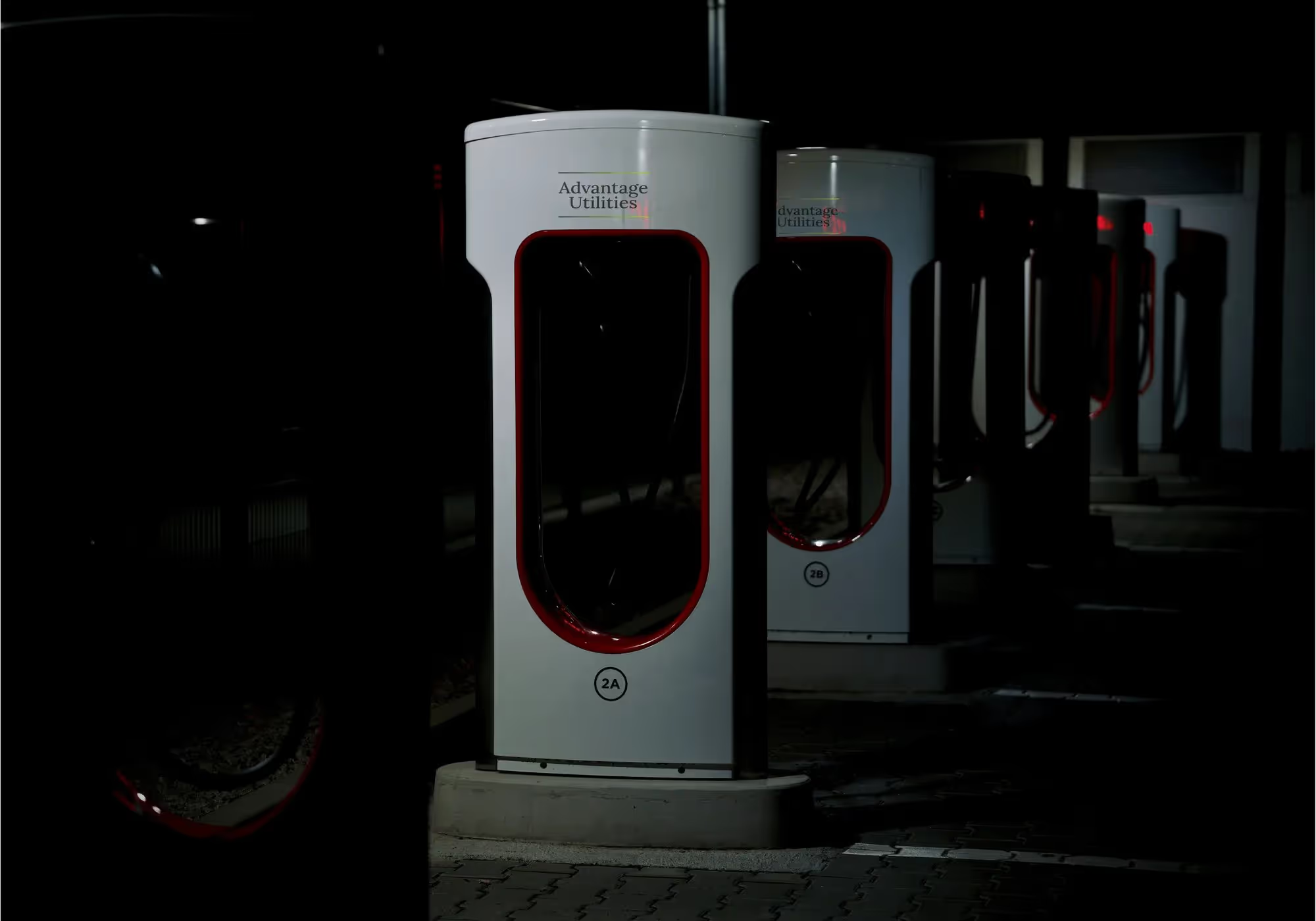We Are A Leading UK Commercial Energy, And Sustainability Consultancy
RAB Charges to Appear on Bills from December
The government has delayed the rollout of the new Nuclear Regulated Asset Base (RAB) charges. Implementation now begins December 2025.
20+
Years Of Trade In Energy & Sustainability
No Fee
For A Commercial Energy Audit With Our Specialists
1:1
1-to-1 Support Throughout Your Journey
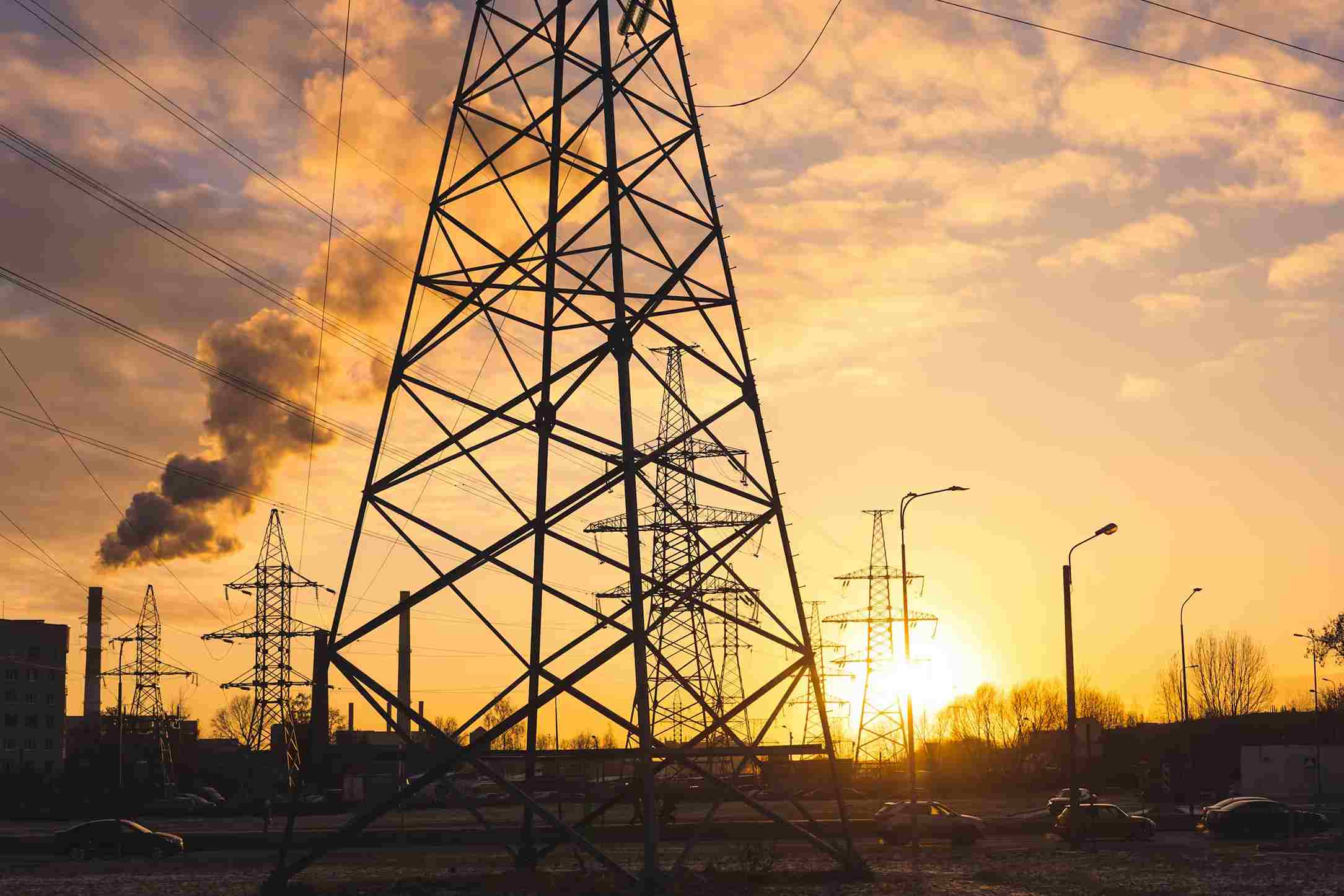
Featured Energy Consultancy


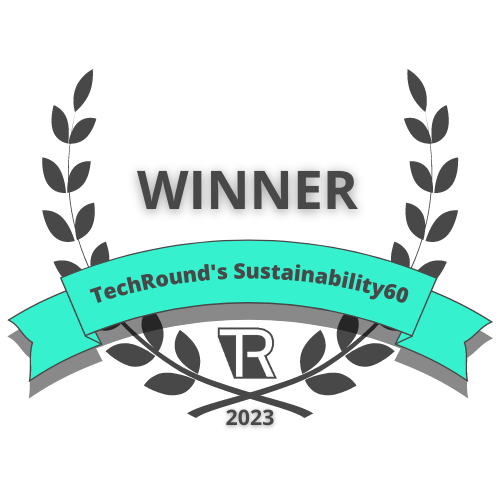

















What is the Nuclear RAB Charge?

The Regulated Asset Base (RAB) model is a government-supported funding mechanism aimed at encouraging private investment in major infrastructure projects like nuclear power stations.Under traditional investment models, returns are only realised once a project is operational. In contrast, the RAB model allows investors to begin recouping costs during the construction phase, funded by a levy on consumer electricity bills.
Button TextHow Will This Affect Energy Bills?

Suppliers will incorporate the new charges into customer pricing. For customers on fully fixed contracts, energy providers may issue further information on how the RAB costs will be handled. If you’re on a contract with pass-through non-commodity charges, the new RAB fees will be automatically added to your bills for energy used from November onwards.While some suppliers might initially absorb the costs for fixed contracts, most contracts contain clauses allowing them to update charges in line with regulatory changes or new government policies.
Button TextExemptions for Energy-Intensive Industries

Businesses that qualify under the Energy Intensive Industries (EII) exemption scheme will be exempt from paying these Nuclear RAB charges.
Button TextBusiness Costs Are Changing

Nuclear RAB charges begin rolling out December 2025
New charges will appear as part of non-commodity costs on bills
Rates confirmed: £3.455/MWh from 1st Nov; £0.0028/MWh from 1st Oct
Fixed contract holders may still be exposed depending on contract terms
Pass-through contracts will see automatic cost increases
These upcoming charges are part of government efforts to support nuclear infrastructure. While long-term, this may stabilise UK energy security, it poses short-term challenges for cost control especially for SMEs and those on pass-through agreements.
How We Can Help

Clarify how RAB costs apply to your current contract type
Review and optimise your procurement strategy to absorb new charges
Model full impact with scenario planning and risk assessments
Guide Energy Intensive Industries on securing exemptions
Support fixed-price renegotiations or restructuring options
We’ll ensure you understand exactly what’s changing and how it affects you. Whether you’re on a fixed or pass-through deal, we can help you respond strategically, avoid surprises, and reduce reliance on volatile grid pricing.
The Strategic Response:
Plan Ahead with Confidence
The rollout of the Nuclear Regulated Asset Base (RAB) charge has been postponed and is now set to begin in December. From that time, the Interim Levy Rate (ILR) under the RAB model will increase slightly to £3.54/MWh, up from the previously proposed £3.48/MWh.The UK Government has confirmed the upcoming implementation of Nuclear RAB charges, which will start appearing on electricity bills nationwide. Energy suppliers are now outlining how these charges will be reflected within customers' fixed non-commodity cost structures.
Book A ConsultationNon-Energy Charges
How can I reduce non-energy costs?
1. Use your business' data
If you can't measure it, you can't manage it
Reducing your costs starts with controlling your consumption, and for that you need insights into your usage. Advantage Analytics is a world-class data analytics platform that gives you insights into every aspect of your energy usage.
Check out our Advnatage Analytics platform that allows you to access site data and usage from anywhere in the world.
2. Spread your usage
Time of day affects your costs
By avoiding using energy at certain times of the day, you could potentially make savings on time-sensitive non-energy charges. This includes ‘Transmission Network Use of System’ (TUoS) and ‘Distribution Use of System’ (DUoS) costs.
3.Reduce your usage
Small changes can make a big difference
Making changes to your energy usage through increasing your efficiency—including improving your insulation, upgrading your lighting and investing in new equipment—not only reduces your wholesale costs, but can lower your non-energy costs. Your Climate Change Levy (CCL) contribution depends on the volume of energy your business uses, so lowering your usage could reduce your costs beyond just what you’re saving on your consumption.

Advantage Utilities
Awarded
22,000+
21%
1:1
Energy, Gas & Water Services
Flexible Energy Procurement

Our dedicated in‑house trading desk lets you take advantage of market movements, spread risk and secure the best deals for your business energy.
Learn moreBusiness Energy Procurement

Specialist energy procurement strategies that secure the best rates, reduce risk, and deliver measurable savings for your business.
Learn moreGreen Energy Contracts

Sourcing your energy from renewable and environmentally friendly sources delivers a range of benefits to your business. We are proud to provide you Green Energy Contract.
Learn moreEnergy Risk Management

Flexible procurement is only as effective as the tools behind it, which is why we pair our trader-led strategy with real-time insight and intelligent control. Our Advantage Logics platform centralises all your utility bills, carbon reporting, and billing workflows in one place, while Advantage Analytics gives you live visibility of energy usage across your sites. Combined with our Market Intelligence & Risk Management service, powered by in-house analysts monitoring the market daily, you gain the full picture, when to buy, how much to use, and where to save. Whether you’re hedging against volatility or timing spot purchases, we give you the data and support to act with confidence.
Learn moreMulti-Site Management

Our 360° approach to multi-site energy management offers a comprehensive solution that covers every aspect of your energy needs.
Our unique combination of procurement strategies advanced monitoring and compliance support ensures that you achieve cost savings, efficiency, and sustainability across all of your locations.
Siteworks & Meter Installation

Our experienced team helps you navigate the energy market with a strategy that suits your needs, whether you value cost certainty, flexibility, or greener options. We’ll guide you through fixed, flexible, and renewable supply choices with clear, impartial advice.
Learn moreWhy Advantage Utilities
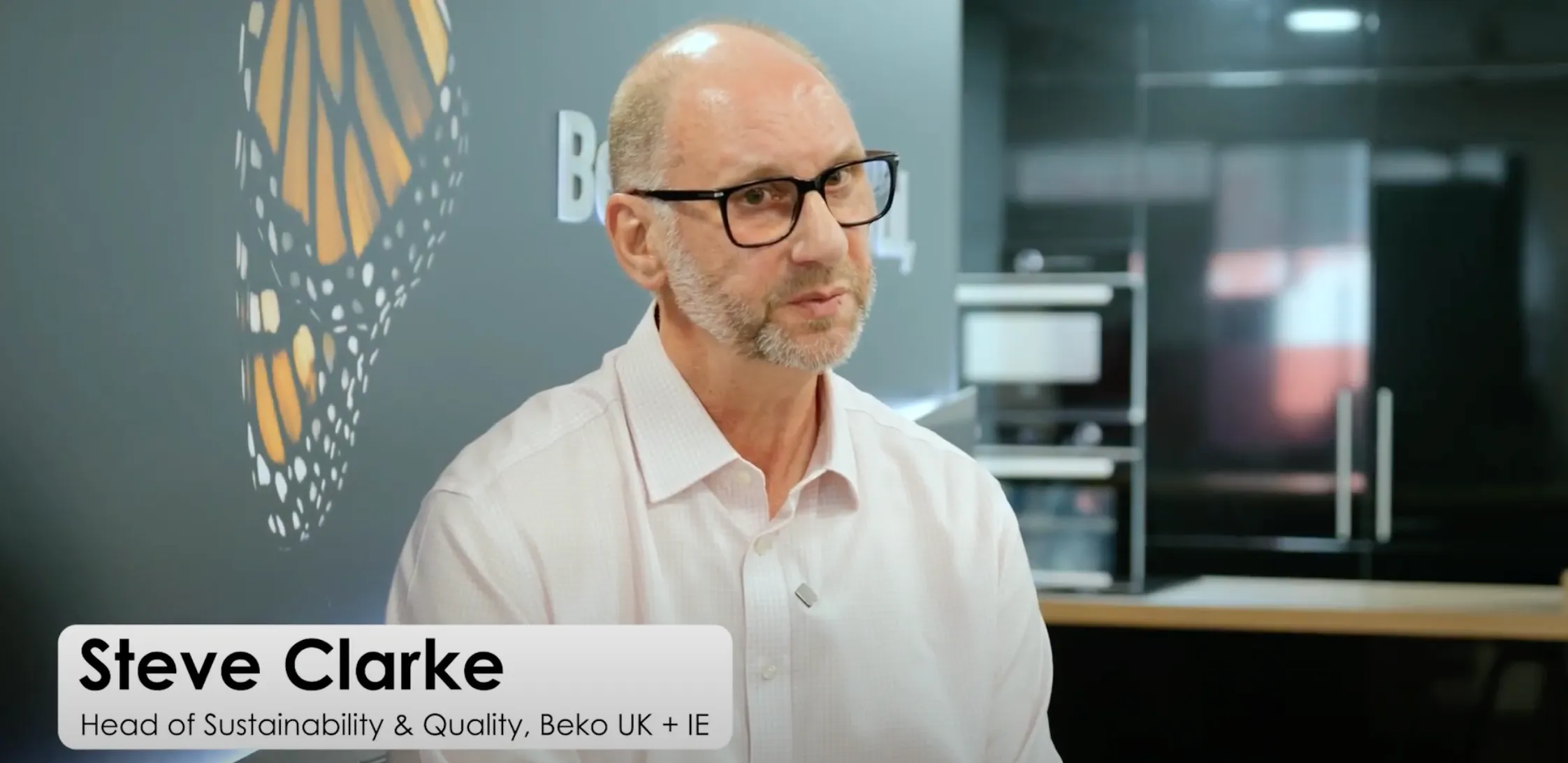
Assess. Optimise. Manage.
What Our Customers Think About Us
Energy Specialist Services
Our Values
Energy is a major overhead for businesses, yet many want to better understand how to manage it. As a specialist business energy consultancy, we provide clear guidance on selecting the best contract type to help optimise your energy costs.

Knowledgeable
We have advised businesses of all sizes on the best ways to future-proof operations.
Transparent
Clear honest advice, supported by clear financial projections and savings.
Client-focused
Bespoke, proactive, drop-everything level of customer service.
Specialist Services
What Our Clients Say About Us
"Advantage not only offered a fully encompassing solution but took over and executed this perfectly. The board have been extremely pleased with the prices Advantage have gained for us and the company has managed to reduce its energy costs by 28% in the first year."
The Group Finance Director
The Caro Group
"You offer a 'drop everything' level of service for all our needs with a single point of contact for us to speak with who understands us and how we work. That attribute is very rare in most companies."
Patrick Flynn, Senior Manager
The Urang Group
"Not only has my account manager allowed me to streamline my utilities, he has made my life so much easier. We achieved an overall 30-40% saving on our bills which made my bosses happy. It's people like him that give companies good names and will keep customers coming back."
Frankie Williamson
EQTR
"I was worried I was going to have a stressful situation on my hands which could have ended up in court — but Advantage Utilities resolved everything for me and managed to secure a considerable refund for me. What a relief!"
Melissa Maini, Director
Commercial & Co.

Speak With Us
We understand the complexities of navigating your energy, book in a time to speak with us below
Book A Consultation




.avif)


